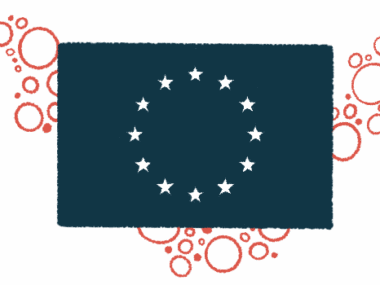‘Unacceptable’ situations faced by people with rare diseases in Europe
Survey respondents support speedy diagnosis, development of new treatments
Written by |

Nearly three-quarters of Europeans surveyed would not accept a scenario where their loved ones with a rare disease had to wait several years to be diagnosed.
This is according to recent results from the third European Rare Disease Observatory, a large survey of more than 11,000 people in 11 European countries that gauged their expectations and perceptions of healthcare for rare diseases, such as aromatic l-amino acid decarboxylase (AADC) deficiency, and about the search for effective treatments.
The survey was conducted on behalf of ASAP for Children, a French organization devoted to raising awareness of how urgently action is needed to develop effective treatments for children with rare diseases.
The term “rare disease” remains largely unknown to the vast majority of Europeans, but awareness is growing, according to the survey. More than 1 in 4 (28%) of those surveyed feel they know what “rare disease” means, up two percentage points from 2022.
In addition, rare diseases are more prevalent than commonly believed, with 4% of individuals saying they are affected. In the European Union (EU), this translates to more than 30 million people living with rare diseases. About 28% of Europeans are directly or indirectly impacted by rare diseases, either personally or through their relationships with affected individuals.
1 in 5 patients experience average delay in diagnosis of more than six years
Nearly three-quarters of the respondents would find it unacceptable if their loved one with a rare disease had to wait several years for a diagnosis, marking a slight increase since 2022. Long wait times for definitive diagnoses are a reality for many rare disease patients, with approximately 1 in 5 patients experiencing an average delay of more than six years. An overwhelming majority of those surveyed say diagnosis times should be reduced to six months, and 64% consider this essential.
Most respondents, around 68%, would not accept the notion that no research efforts are being made to develop treatments for rare diseases affecting their loved ones.
About 87% also believe it is crucial for doctors to adopt a “culture of doubt,” which involves carefully listening to parents’ accounts of their children’s symptoms (with 51% considering this essential).
Furthermore, 83% believe patients without a diagnosis should be systematically included in a global diagnosis and research program.
The survey also revealed Europeans strongly support expediting access to innovative treatments for rare diseases, while acknowledging the potential risks for patients. This view was widely accepted, with 86% of respondents backing the measure, half of whom considered it essential.
Nearly 90% of respondents believe different European research organizations should work together to find new treatments to cure rare diseases, and say EU measures toward that end would be “quite useful” or “very useful.”






